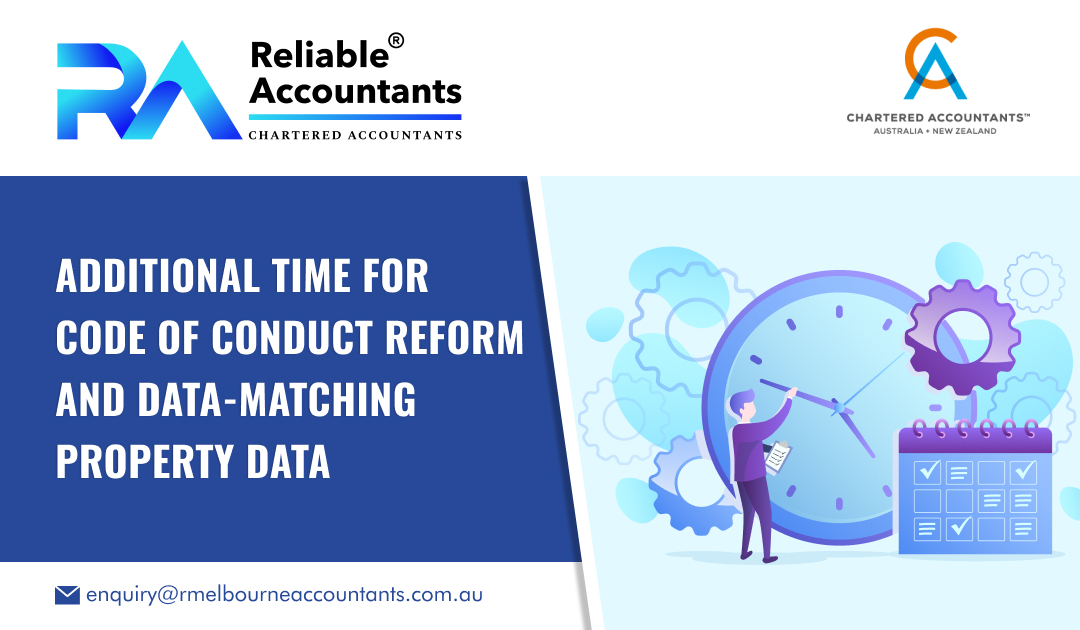Additional time for Code of Conduct reform compliance
The 8 new tax practitioner Code of Conduct obligations introduced by Tax Agent Services (Code of Professional Conduct) Determination 2024 were scheduled to start on 1 August. However, due to lobbying by professional bodies, the Assistant Treasurer announced transitional rules, pushing back the start date of the reforms to:
- 1 July 2025 for firms with 100 workers or less, and
- 1 January 2025 for larger firms with 101 workers or more.
In response to industry concerns, WA Liberal Party Senator Dean Smith proposed to reject the determination on 10 September 2024. We’ll update you with more information once the outcome is known. Additionally, the Assistant Treasurer has shared the revised determination, including details of the transitional rules, and has indicated that there will be consultations on the more controversial measures.
- False and misleading statements that prevent agents from preparing, making, allowing or directing false or misleading statements to be made to the Commissioner of Taxation, the TPB, or other Government agencies.
- The requirement to keep clients informed of relevant matters – practitioners must suggest to clients if they are liable to, “any matter that could influence a decision of a customer to engage you, or to continue to engage you, to offer a tax agent service”.
The transitional measures are only applicable to the additional Code obligations introduced by the legislative instrument. They do not apply to other legislated measures including:
- Breach reporting which started on 1 July 2024, or
- The rules prevent partitioners from working with disqualified entities unless they have TPB approval to do so, which came into effect on 1 January 2024.
Data-matching property data and lifestyle assets
The ATO has started a data matching program, getting property management data from property management software companies for the 2018–19 income year through 2025-26. As part of the program, the ATO will obtain:
- Property owner identification details (names, phone numbers, addresses, email addresses, dates of birth, business name and ABNs, if applicable)
- Property details (date property first available for rent, property address, property manager name and contact details, property manager licence number, property manager ABN, property owner or landlord bank details)
- Property transaction details (start and end dates, description and amounts, transaction type, ingoings and outgoings, and rental property account balance).
The ATO pays attention to landlords and taxpayers with rental properties who fail to file rental property schedules when needed, who inaccurately report rental property income and deductions, and who inaccurately report capital gains tax details. Additionally, the ATO will receive lifestyle asset data from insurance providers for the 2023-24 income year through 2025-26. Under this program, the ATO will obtain insurance policy data for certain classes of assets where the value of the asset is above certain thresholds:
- Caravans and motorhomes – $65,000
- Motor vehicles including cars & trucks and motorcycles – $65,000
- Thoroughbred horses – $65,000
- Fine art – $100,000 per item
- Marine vessels – $100,000
- Aircraft – $150,000
The data will include detailed client information (names, addresses, phone numbers, dates of birth, Australian business number, email addresses) and policy details (insurance brand, policy number, start and end dates, total insured value, property purchase price, property ID, vehicle details, finance, policy cost, and description).
The ATO will use this data to identify taxpayers who are acquiring or improving assets with insufficient income reported, failing to declare income from asset sales, incorrectly claiming GST credits, or misreporting FBT for personal-use assets purchased through their businesses.

